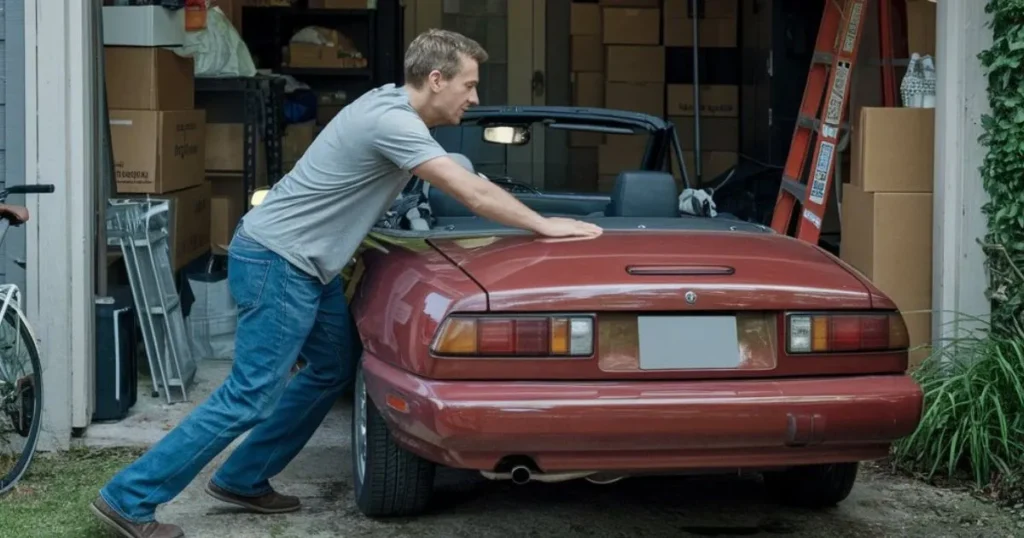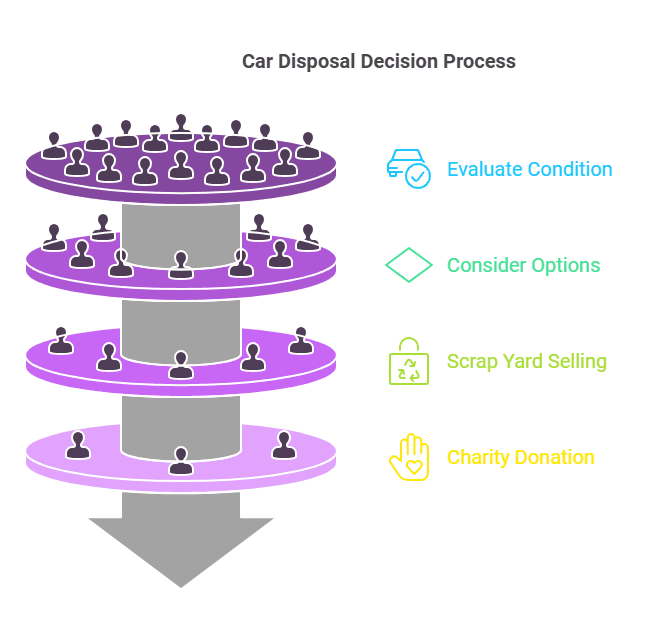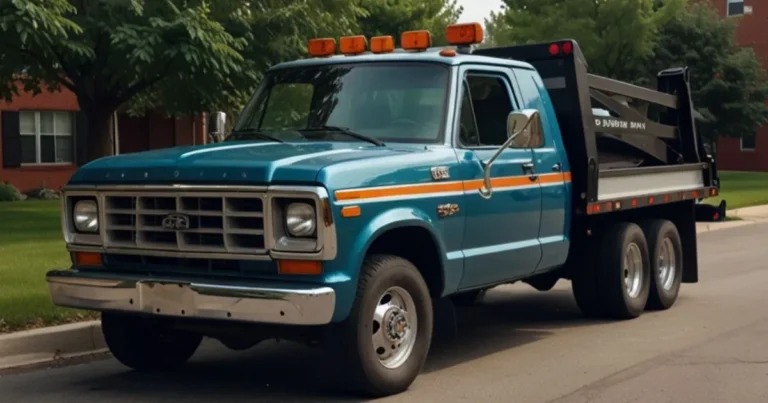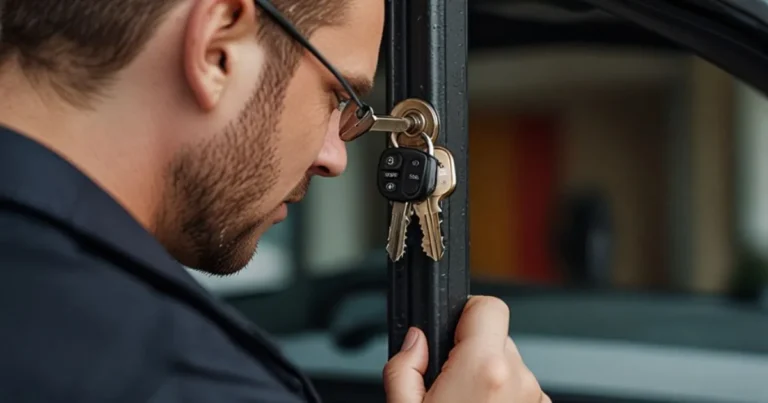How to Get Rid of a Car: 7 Proven Ways to Maximize Your Value
Let’s face it, that old car sitting in your driveway isn’t getting any younger. Figuring out how to get rid of a car can feel like a chore, but it doesn’t have to be a headache. Whether your trusty steed has finally given up the ghost or you’re just ready for an upgrade, knowing your options is key to a smooth and maybe even profitable process.
According to TopConsumerReviews’ comprehensive analysis of car selling sites, there are several highly-rated platforms available for selling your vehicle online.
Understanding Your Options: How to Get Rid of Old Car
So, you’re wondering how to get rid of old car? You’ve got a few main paths to consider, each with its own set of pros and cons. Thinking about what your priorities are – getting the most money, a quick and easy process, or even a potential tax deductions – will help you narrow down the best choice for you.

Selling Your Car: Finding Potential Buyers
One of the most common ways to get rid of a vehicle is by selling it. This can mean different things depending on the condition of your car and how much effort you’re willing to put in.
- Selling to Private Buyers: This often yields the highest return, but it’s also the most time consuming. You’ll need to clean and detail your car, take good photos, write a compelling description, and handle inquiries from potential buyers. Be prepared for test drives and negotiations. Make sure you have all the necessary paperwork, including the bill of sale, in order. You can list your car on websites like Craigslist, Facebook Marketplace, or specialized car selling platforms. Remember to research what your car is worth using resources like Kelley Blue Book to set a realistic price.
- Trading In at a Car Dealership: Trading in your old car when buying a new one is a convenient option. The dealership handles all the paperwork, making it a hassle free process. However, you’ll likely get less money for your trade-in than if you sold it privately. Dealerships need to factor in the cost of reconditioning and reselling your old vehicle.
- Selling to Car Buying Services: Companies that buy used cars offer a quick and easy way to sell the vehicle. You can often get a quote online and then bring your car in for an inspection. While convenient, you might not get top dollar compared to private sales.

Car and Driver recommends exploring multiple online selling options, including popular sites like CarGurus, Carvana, and CarMax, to get the best possible offer for your vehicle.
Scrapping or Donating: When Your Car’s Seen Better Days
Sometimes, your car has reached the end of its road, and selling it isn’t a viable option. In these cases, scrapping or donating might be the way to go.
- Selling to Scrap Yards: If your car is old, damaged, or has high mileage, scrap yards will buy it for its scrap metal value. The price you receive will depend on the current market price of metal and the weight of your vehicle. Search online for “get rid of junk car” or “how can i get rid of my old car” to find local scrap yards. They will often arrange for a tow truck driver to pick up your car.
- Donating to Charity: Donating your car to a reputable charity can provide you with a tax deductions. The charity will either sell the car to raise funds or use it for their programs. Make sure the charity is a registered 501(c)(3) organization to ensure your donation is tax-deductible. Keep detailed records of your donation, including the car’s value and the charity’s acknowledgment. This is a good option if you’re looking for a way to how to dispose of a junk car while also supporting a cause you care about.

No matter which method you choose, there are some essential steps to take when you get rid of a junk car or any vehicle.
- Gather Your Paperwork: This includes your car’s title, registration, and any maintenance records you have. Having these documents readily available will make the process smoother.
- Remove Your Personal Belongings: Thoroughly check your car for any personal items before it leaves your possession. This includes everything from CDs and sunglasses to important documents.
- Cancel Your Insurance: Once the sale or donation is complete, notify your insurance company to cancel your policy on that vehicle.
- Notify Your Local DMV: Inform your local Department of Motor Vehicles (DMV) that you’ve sold or disposed of your car. This is crucial to avoid any potential liability for the vehicle in the future. You’ll likely need to submit paperwork, such as a notice of transfer or release of liability.
Dealing with Specific Situations: How to Get Rid of a Car That Needs Repairs
Sometimes, you need to figure out how to get rid of a car that needs repairs. This can be tricky, as the cost of repairs might outweigh the car’s value.
- Get Repair Estimates: Before making a decision, get estimates from a few different mechanics to understand the extent of the repairs needed.
- Compare Repair Costs to Car Value: Use resources like Kelley Blue Book to see what your car is worth in its current condition and what it would be worth if repaired. If the repair costs are significantly higher than the potential value, selling it as-is or scrapping it might be more practical.
- Be Honest with Buyers: If you choose to sell a car needing repairs, be upfront with potential buyers about the issues. Transparency builds trust and avoids potential problems later.
Making the Best Choice: Finding the Best Way to Get Rid of Old Car
Ultimately, the best way to get rid of old car depends on your individual circumstances. Consider these factors:
- Condition of Your Car: Is it in good running condition, or does it need significant repairs?
- Your Time Commitment: How much time and effort are you willing to invest in the process?
- Your Financial Goals: Are you looking to get the most money possible, or is a quick and easy solution more important?
According to a 2023 report by the National Automobile Dealers Association (NADA), the average trade-in value for a used vehicle was around $7,000. However, this number can vary significantly based on the make, model, year, and condition of the car. For those considering scrapping their vehicle, the price of scrap metal fluctuates, but as of late 2024, it averages around $200 per ton.
Remember, there are resources available to help you make informed decisions. For instance, if you’re considering cleaning your car before selling, you might find our article on how to remove water spots helpful. You can read more about it here: https://www.mysafestcar.com/remove-water-spots-from-car/. Also, understanding the long-term costs of car ownership is important; our vehicle maintenance log template can assist with that: https://www.mysafestcar.com/ultimate-vehicle-maintenance-log-templates-track-your-car-care/. If you’re thinking about your next car, exploring reliable options is wise; check out our article on the most reliable cars: https://www.mysafestcar.com/most-reliable-cars/. And if you’re leaning towards an electric vehicle, understanding potential drawbacks is key: https://www.mysafestcar.com/10-reasons-why-electric-cars-are-bad/. Finally, for those who decide to sell privately, knowing how to make your car smell its best can attract buyers: https://www.mysafestcar.com/how-to-make-a-car-smell-nice/.
CarTradeInsider notes that several key factors impact your car’s resale value, including age, mileage, overall condition, and maintenance history.

Conclusion: Making the Right Move for Your Old Car
Figuring out how can i get rid of a car doesn’t have to be stressful. By understanding your options – from selling to private buyers or dealerships to utilizing scrap yards or charitable donations – you can make an informed decision that aligns with your needs and goals. Whether you’re looking for the best way to get rid of a vehicle for maximum profit or a hassle free solution, taking the time to research and prepare will ensure a smoother and more successful outcome.
Let me know if you would like any adjustments or further refinements to this article!
There are no reviews yet. Be the first one to write one.







